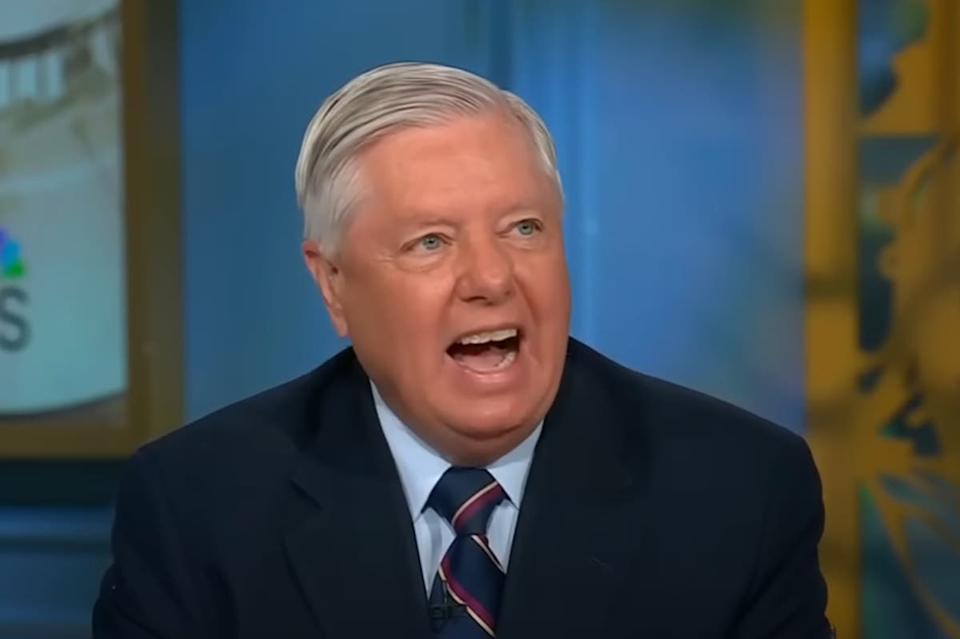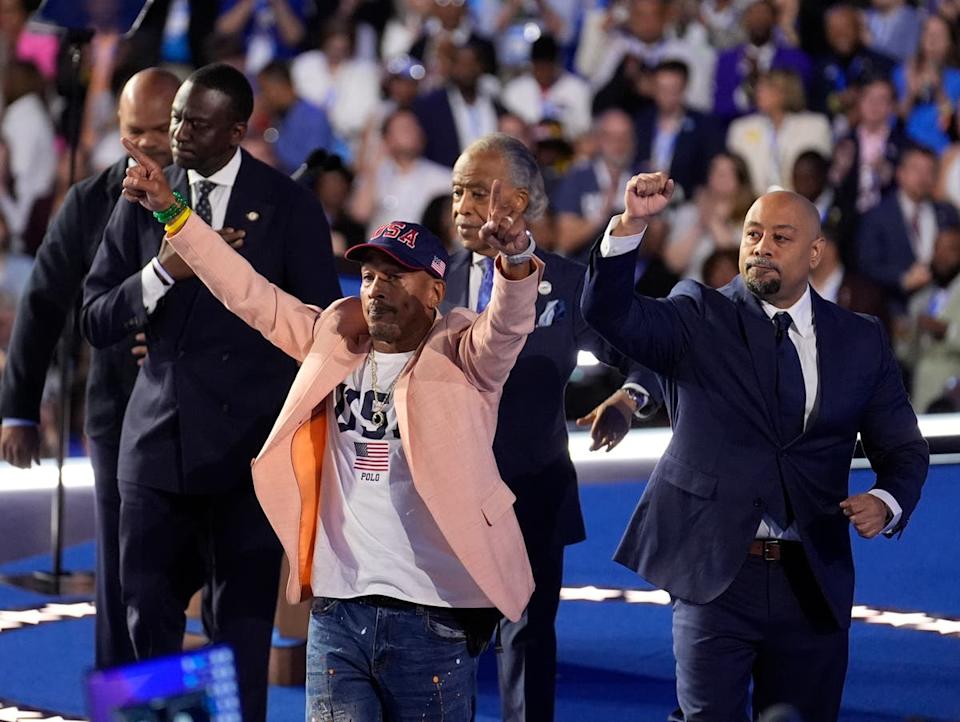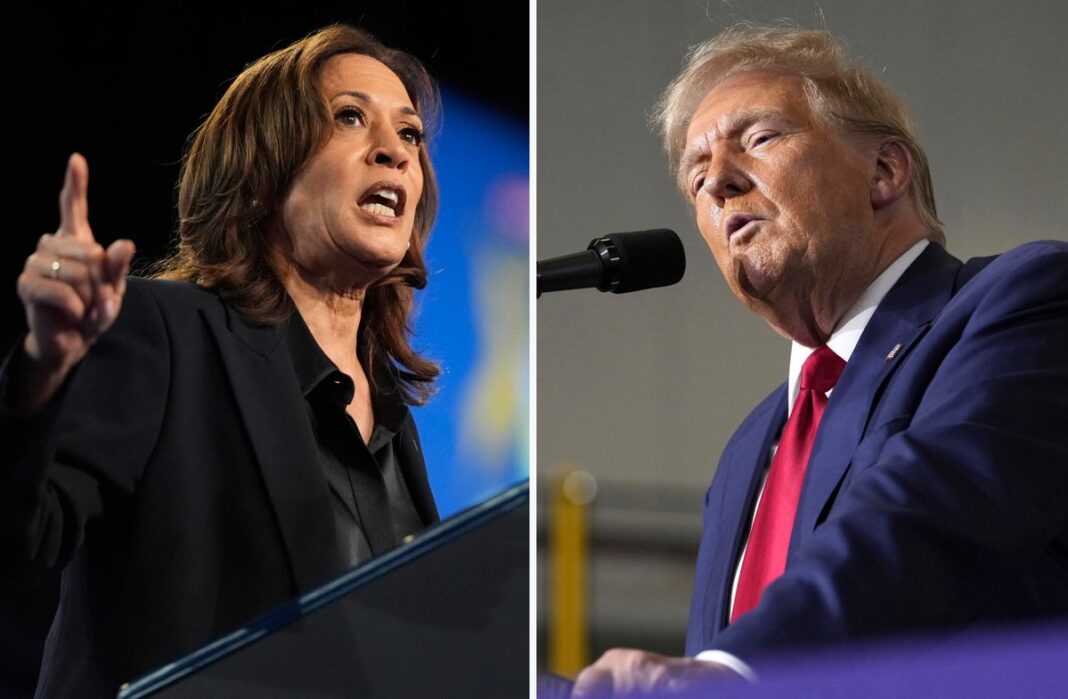Lizzo, the Grammy-winning artist known for her infectious beats and body-positive anthems, has always been unapologetically herself. But her recent actions go beyond self-expression; they represent a powerful stance in solidarity with a marginalized community facing unprecedented challenges. Lizzo’s unwavering support for Black trans women has sparked a conversation, forcing us to confront the intersection of race, gender identity, and the fight for equality. This isn’t just about music; it’s about using a platform to amplify voices that are often silenced, and it’s about demanding justice for those who are unjustly targeted.
Lizzo’s Platform Power: Cultural Influence and Social Advocacy

Lizzo, born Melissa Viviane Jefferson, has ascended to the pinnacle of musical stardom, captivating audiences worldwide with her infectious energy, empowering lyrics, and unapologetically bold self-expression. Her rise to fame is a testament to the power of authenticity, vulnerability, and embracing individuality. Lizzo’s music transcends genre boundaries, seamlessly blending pop, R&B, and hip-hop, creating a sonic experience that is both celebratory and thought-provoking.
Beyond her musical talent, Lizzo has emerged as a prominent cultural icon, wielding her platform to challenge societal norms and advocate for inclusivity. She has become a powerful voice for body positivity, inspiring millions to embrace their bodies and celebrate their unique beauty. Her unapologetic embrace of her own curves has shattered conventional beauty standards, empowering individuals to reject societal pressures and embrace self-love.
Lizzo’s platform extends far beyond music; she uses her influence to address social issues that resonate deeply with her fanbase. She has consistently spoken out against racism, sexism, and homophobia, using her voice to amplify marginalized communities and advocate for equality. Lizzo’s commitment to social justice stems from her personal experiences and her deep-seated belief in creating a more equitable world.

Black Trans Lives Matter: A Crucial Intersection
Lizzo’s vocal support for Black trans individuals intersects with a larger movement for racial and LGBTQ+ justice. Black trans women face disproportionate levels of violence, discrimination, and poverty. They are often marginalized within both the Black and LGBTQ+ communities, facing intersecting forms of oppression that compound their vulnerability.
Lizzo’s recognition of this intersectionality underscores the interconnected nature of social justice issues. By centering Black trans women’s experiences, she sheds light on the unique challenges they face and amplifies their voices. Her unwavering support has resonated deeply within the Black trans community, providing a sense of validation, visibility, and solidarity.
The significance of a prominent figure like Lizzo using her platform to advocate for Black trans rights cannot be overstated. Her influence extends far beyond her music fanbase, reaching a wider audience and raising awareness about the systemic issues that Black trans individuals encounter daily. By amplifying their stories and demanding justice, Lizzo is contributing to a broader cultural shift towards greater inclusivity and equality.

Lizzo’s Impact: Shifting Perspectives and Inspiring Action
- Increased Visibility: Lizzo’s platform has brought increased visibility to the challenges faced by Black trans women, raising awareness about their experiences and contributing to a greater understanding of their struggles.
- Challenging Norms: Her open advocacy for Black trans individuals challenges societal norms and expectations, encouraging a more inclusive and accepting social environment.
- Empowering the Community: Lizzo’s support provides a sense of validation and empowerment to Black trans individuals, affirming their identities and fostering a sense of belonging.
- Driving Social Change: Her vocal activism has contributed to a broader movement for social justice, inspiring others to take action and advocate for equality.
Consequences and Conversations: Lizzo’s Impact
As a cultural icon and vocal advocate for social justice, Lizzo’s influence extends far beyond her chart-topping hits. Her lyrics and performances have become a source of inspiration for millions, but it’s her unwavering commitment to supporting marginalized communities that has sparked meaningful conversations and consequences in the music industry.
One of the most impactful ways Lizzo has made her voice heard is through her advocacy for Black trans women. In 2020, she took to social media to express her support for the Black trans community, condemning the violence and systemic oppression they face. Her words of encouragement and solidarity helped raise awareness about the issues affecting this community and sparked a broader conversation about the importance of inclusivity and representation in the entertainment industry.
Her advocacy has also led to tangible consequences. When the popular music streaming platform, Spotify, faced backlash for its handling of artist diversity and representation, Lizzo was one of the first to speak out. She used her platform to call for greater accountability and to amplify the voices of marginalized artists. As a result, Spotify took steps to address these issues, including the creation of a diversity and inclusion task force.
However, Lizzo’s activism has not been without its challenges. She has faced criticism and backlash from some quarters, with some accusing her of being “tone-deaf” or “self-serving.” In response, she has remained steadfast in her commitment to using her platform for good, stating, “I’m not going to apologize for being a Black woman who is unapologetic about my existence and my voice.”
Despite the criticism, Lizzo’s impact cannot be overstated. Her advocacy has sparked a national conversation about the importance of inclusivity and representation in the entertainment industry, and her commitment to supporting marginalized communities has inspired a new generation of artists and activists to use their voices for good.
Breaking Down Barriers: Lizzo’s Advocacy in Action
Lizzo’s advocacy for Black trans women is just one example of her commitment to using her platform for good. She has also used her platform to amplify the voices of other marginalized communities, including women of color and LGBTQ+ individuals.
In 2020, she partnered with the LGBTQ+ advocacy organization, GLAAD, to create a music video for her hit single, “About Damn Time.” The video, which features a cast of LGBTQ+ actors and musicians, was a powerful statement of support for the community and helped raise awareness about the importance of inclusivity and representation in the entertainment industry.
Her advocacy has also extended to the world of politics. In 2020, she used her platform to urge her fans to register to vote and to support candidates who align with her values. Her efforts helped mobilize thousands of young people to get involved in the democratic process and use their voices to effect change.
A Call to Action: Lizzo’s Legacy
Lizzo’s impact extends far beyond her own music and advocacy. Her commitment to using her platform for good has inspired a new generation of artists and activists to use their voices for social justice.
Her legacy can be seen in the many artists who have followed in her footsteps, using their platforms to amplify the voices of marginalized communities. From Billie Eilish to Kendrick Lamar, these artists have used their music and public profiles to raise awareness about social justice issues and to mobilize their fans to take action.
But Lizzo’s impact goes beyond the music industry. Her advocacy has helped spark a national conversation about the importance of inclusivity and representation in all areas of society, from entertainment to education to politics.
As a result, we are seeing a shift towards greater diversity and representation in the entertainment industry, with more opportunities for marginalized artists to break through and have their voices heard. We are also seeing a growing recognition of the importance of inclusivity and representation in all areas of society, with more people speaking out about the need for greater diversity and representation.
Making a Difference: Lizzo’s Impact on the Music Industry
Lizzo’s impact on the music industry has been profound. Her commitment to using her platform for good has inspired a new generation of artists to do the same, and her advocacy has helped raise awareness about the importance of inclusivity and representation in the industry.
Her music has also been a source of inspiration for many, with her empowering lyrics and catchy melodies providing a soundtrack for social justice movements around the world. From the Black Lives Matter movement to the Women’s March, her music has been a powerful tool for mobilizing people to take action and to use their voices for good.
As a result, we are seeing a shift towards greater diversity and representation in the music industry, with more opportunities for marginalized artists to break through and have their voices heard. We are also seeing a growing recognition of the importance of inclusivity and representation in all areas of society, with more people speaking out about the need for greater diversity and representation.
Using Your Voice for Good: A Call to Action
Lizzo’s legacy is a powerful reminder that each of us has the ability to use our voices for social justice. Whether you are an artist, an activist, or simply a concerned citizen, there are many ways to make a difference.
First and foremost, we must continue to speak out about the importance of inclusivity and representation in all areas of society. We must use our platforms to amplify the voices of marginalized communities and to raise awareness about the issues affecting them.
We must also take action to create a more just and equitable society. This can involve volunteering with local organizations, donating to social justice causes, or simply using our everyday actions to promote greater diversity and representation.
Finally, we must continue to support artists and activists who are using their voices for social justice. We must attend their concerts, share their music, and amplify their messages on social media.
Conclusion
Lizzo’s unapologetic advocacy for Black trans women transcends mere celebrity activism. This article has explored how she uses her platform to amplify marginalized voices, challenge societal norms, and dismantle the insidious structures that perpetuate transphobia. From her powerful performances to her pointed social commentary, Lizzo’s commitment shines through, demonstrating the tangible impact of allyship within the music industry and beyond.
This isn’t simply a trend; it’s a seismic shift. Lizzo’s influence resonates across generations, inspiring a new wave of artists and fans to confront their own biases and embrace intersectionality. Her bold stance paves the way for greater visibility and acceptance of Black trans women, forcing society to reckon with its historical and ongoing injustices. This is not the end of the fight, but a pivotal moment that marks the beginning of a more inclusive and equitable future, one where Lizzo’s legacy inspires us all to be vocal champions for justice and equality.
The question remains: will we rise to meet her call?
